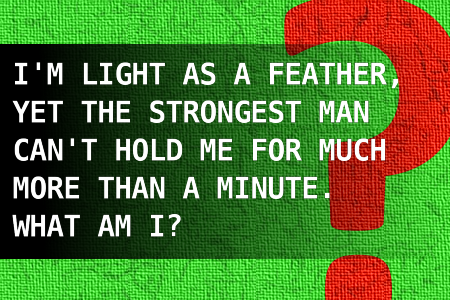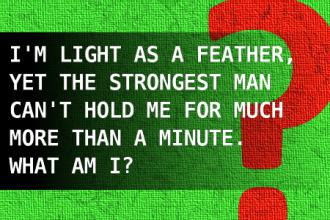
Your dog bite?
There was a hound dog laying in the yard and an old geezer in overalls was sitting on the porch.
"Excuse me, sir, but does your dog bite?" the tourist asked.
The old man looked up over his newspaper and replied, "Nope."
As soon as the tourist stepped out of his car, the dog began snarling and growling, and then attacked both his arms and legs. As the tourist flailed around in the dust, he yelled, "I thought you said your dog didn't bite!"
The old man muttered, "Ain't my dog."

